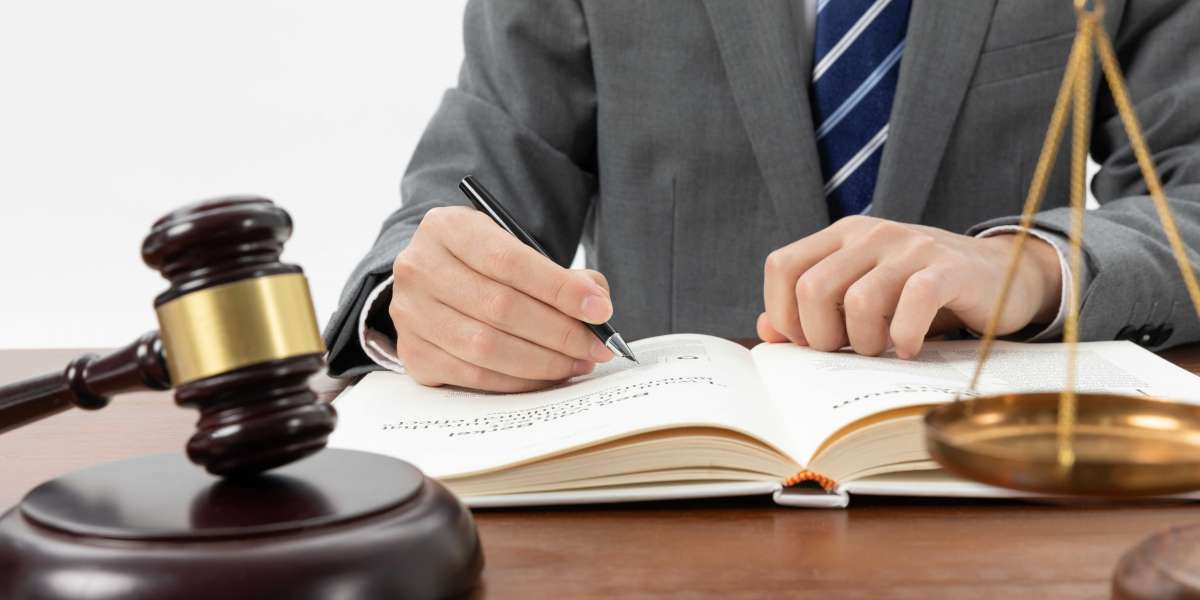Introduction
In a world governed by laws and regulations, understanding the legal system can seem like an insurmountable challenge for everyday citizens. However, fear not! In this comprehensive guide, we will demystify the law and empower you with the knowledge you need to navigate legal matters with confidence. [Attorney email list]
The Basics: Understanding the Legal System
Before we delve into the intricacies of specific legal matters, it's crucial to grasp the fundamentals of the legal system. This section will provide you with a solid foundation upon which we can build our understanding.
What is the Law and Why Does it Matter?
The law encompasses a set of rules and regulations that govern human behavior and society as a whole. It serves as a framework for resolving disputes, upholding justice, and maintaining order. Without the law, chaos would reign, and society would descend into anarchy. Understanding the law is vital for every citizen as it protects our rights, establishes responsibilities, and ensures fair treatment under the legal system.
How is the Legal System Structured?
The legal system varies from country to country, but many share similar components. Let's take a closer look at the structure of the legal system in most democratic nations.
- Constitutional Law: The supreme law of the land that establishes the framework for the government, defines the powers of different branches, and outlines individual rights and freedoms.
- Legislation: Laws enacted by legislative bodies, such as Congress or Parliament, to address specific issues and regulate various aspects of society.
- Common Law: Laws derived from court decisions and legal precedents, which become binding for future cases with similar circumstances.
- Administrative Law: Regulations and rules created by administrative agencies to govern specific industries or sectors.
- Civil Law: The body of law that deals with disputes between individuals or entities, focusing on compensation rather than punishment.
- Criminal Law: Laws that define offenses against society as a whole and establish punishments for those found guilty.
Navigating Legal Issues: Your Rights and Responsibilities
Now that we have a solid understanding of the legal system, let's explore some common legal issues that everyday citizens might encounter and the rights and responsibilities associated with them. [Lawyers mailing list]
Personal Injury: Know Your Rights
What is Personal Injury Law?
Personal injury law deals with cases where an individual has suffered harm or injury due to the negligence or intentional actions of another party. Understanding personal injury law is crucial, as it ensures you can protect your rights and seek compensation when you've been wrongfully harmed.
Types of Personal Injury Cases
- Car Accidents: If you've been injured in a car accident due to someone else's negligence, you may be entitled to compensation for medical expenses, lost wages, and pain and suffering.
- Slip and Fall Accidents: Property owners have a legal duty to maintain safe premises. If you've been injured due to hazardous conditions on someone else's property, you may have a valid claim.
- Medical Malpractice: When medical professionals fail to provide an acceptable standard of care, resulting in harm to the patient, medical malpractice claims can be pursued.
What to Do if You've Suffered a Personal Injury?
- Seek Medical Attention: Your health and well-being should be your top priority. Make sure to seek medical attention immediately after an injury to ensure proper treatment and documentation.
- Gather Evidence: Collect any evidence related to your injury, such as photographs, witness statements, medical records, and bills. This evidence will strengthen your case.
- Consult an Attorney: It's essential to consult with a personal injury attorney who can evaluate your case, explain your rights, and guide you through the legal process.
Criminal Defense: Protecting Your Freedom
What is Criminal Defense?
Criminal defense is a branch of law that focuses on defending individuals or entities charged with criminal offenses. If you find yourself facing criminal charges, understanding your rights and having effective legal representation can make a significant difference in the outcome of your case.
Your Rights When Arrested
When arrested, it's crucial to be aware of your rights to ensure fair treatment and protect yourself during the legal process. Remember the following:
- You have the right to remain silent.
- Anything you say can and will be used against you in court.
- You have the right to an attorney.
- If you cannot afford an attorney, one will be appointed for you.
Hiring a Criminal Defense Attorney
When facing criminal charges, it's vital to hire an experienced criminal defense attorney who will fight to protect your rights and navigate the complexities of the legal system on your behalf. An attorney can help in the following ways:
- Investigating the case to uncover evidence in your favor.
- Negotiating with the prosecution for reduced charges or alternative sentencing options.
- Representing you in court and presenting a strong defense strategy.
Family Law: Navigating Personal Relationships
What is Family Law?
Family law encompasses legal matters related to personal relationships and family dynamics. From divorce and child custody to adoption and domestic violence, family law covers a broad range of issues that can profoundly impact individuals and their loved ones.
Divorce and Child Custody
Divorce can be emotionally challenging, but understanding the legal process and your rights can make the transition smoother. Key considerations include:
- Division of marital assets and debts.
- Child custody and visitation rights.
- Child and spousal support.
Domestic Violence and Restraining Orders
If you're a victim of domestic violence, it's essential to take steps to protect yourself and your loved ones. Consulting a family law attorney can help you understand your options, which may include obtaining a restraining order or pursuing legal action against the abuser.
Conclusion
Demystifying the law is not an easy task, but armed with knowledge and the guidance of an experienced attorney, you can confidently navigate legal matters that may arise in your life. Remember, the law is there to protect your rights and ensure justice prevails. By understanding the legal system, your rights, and your responsibilities, you can make informed decisions and seek the justice you deserve.



